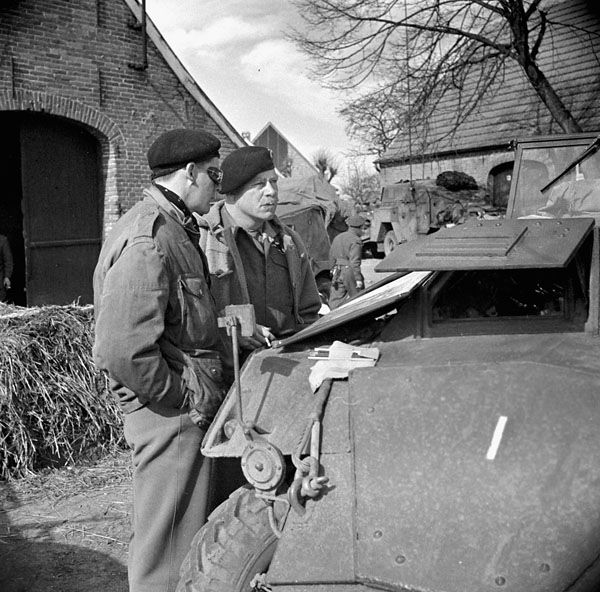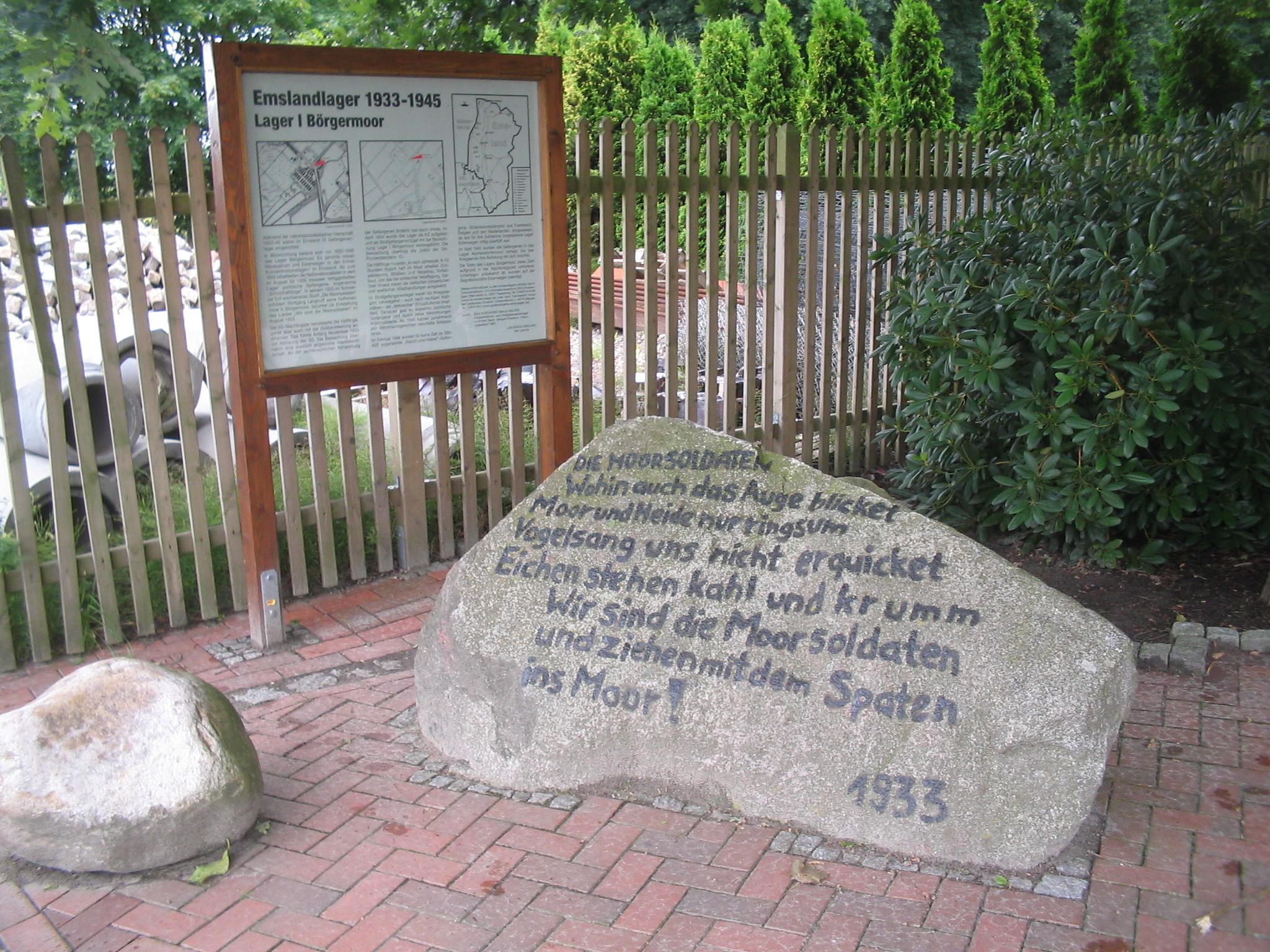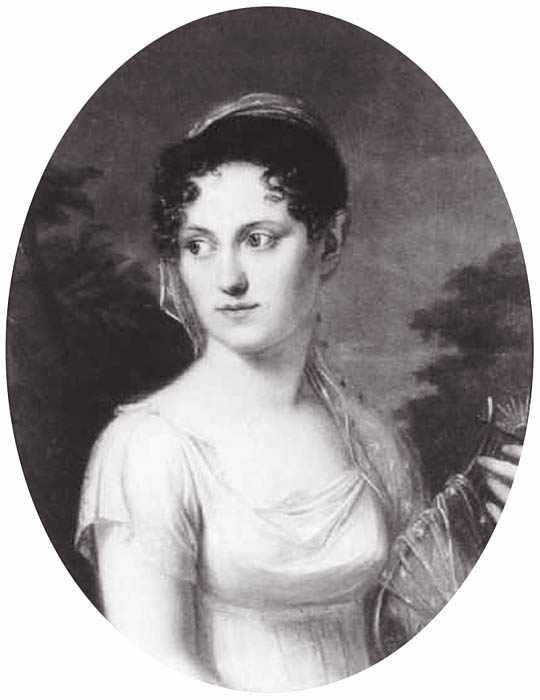|
Sögel
Sögel is a municipality in the Emsland district, in Lower Saxony, Germany. Sögel is most known for the Clemenswerth Palace, a hunting lodge built 1737-1749 by Johann Conrad Schlaun for Elector Clemens August. Personalities Born in Sögel * Wilhelm Röpke (1873-1945), surgeon in Wuppertal, president of the German Society of Surgery * Bernhard Rakers (1905-1980), Nazi war criminal Died in Sögel * Katharina Sibylla Schücking (1791-1831), poet * Johann Heermann Johann Heermann (11 October 158517 February 1647) was a German poet and hymnodist. He is commemorated in the Calendar of Saints of the Lutheran Church on 26 October with Philipp Nicolai and Paul Gerhardt. Life Heermann was born in Raudten ( ... (1897-1976), politician, MdL World War II Much of the centre of Sögel was deliberately destroyed by the Canadian Army after the town was captured in April 1945. References Emsland {{Emsland-geo-stub ... [...More Info...] [...Related Items...] OR: [Wikipedia] [Google] [Baidu] |
Razing Of Friesoythe
The razing of Friesoythe was the destruction of the town of Friesoythe in Lower Saxony on 14 April 1945, during the Western Allies' invasion of Germany towards the end of World War II. The 4th Canadian (Armoured) Division attacked the German-held town of Friesoythe, and one of its battalions, The Argyll and Sutherland Highlanders of Canada, captured it. During the fighting, the battalion's commander was killed by a German soldier, but it was incorrectly rumoured that he had been killed by a civilian. Under this mistaken belief, the division's commander, Major-General Christopher Vokes, ordered that the town be razed in retaliation and it was substantially destroyed. Twenty German civilians died in Friesoythe and the surrounding area during the two days of fighting and its aftermath. Similar, if usually less extreme, events occurred elsewhere in Germany as the Allies advanced in the closing weeks of the war. The rubble of the town was used to fill craters in local roads ... [...More Info...] [...Related Items...] OR: [Wikipedia] [Google] [Baidu] |
Emsland
Landkreis Emsland () is a district in Lower Saxony, Germany named after the river Ems. It is bounded by (from the north and clockwise) the districts of Leer, Cloppenburg and Osnabrück, the state of North Rhine-Westphalia (district of Steinfurt), the district of Bentheim in Lower Saxony, and the Netherlands (provinces of Drenthe and Groningen). History For a long time the region of the Emsland was extremely sparsely populated, due to the fens on both sides of the river. Small villages were established in medieval times along the river and on the Hümmling. In the 13th century the bishops of Münster gained control over the region; the Emsland remained property of the bishop until 1803, when the clerical states were dissolved. It came under rule of Prussia and Arenberg, but after the Napoleonic Wars the Congress of Vienna decided to hand the territory over to the Kingdom of Hanover. The Duchy of Arenberg continued to exist as a fief of the Hanoverian kings. When Hanover was a ... [...More Info...] [...Related Items...] OR: [Wikipedia] [Google] [Baidu] |
Clemenswerth Palace
Clemenswerth Palace (''Schloss Clemenswerth'') is a hunting complex or ''jagdschloss'' built in Sögel Sögel is a municipality in the Emsland district, in Lower Saxony, Germany. Sögel is most known for the Clemenswerth Palace, a hunting lodge built 1737-1749 by Johann Conrad Schlaun for Elector Clemens August. Personalities Born in Söge ... by Clemens August of Bavaria. Bibliography * Emsländischer Heimatbund (ed.): ''Clemenswerth – Schloss im Emsland''. Sögel * Emslandmuseum Schloss Clemenswerth - Ein Museum schafft sich eine gesteigerte Identität, in: Jahrbuch des Emsländischen Heimatbundes Bd. 56/2010, Sögel 2009, S. 295–302. Baroque architecture in Lower Saxony Castles in Lower Saxony Hunting lodges in Germany Buildings and structures in Emsland Episcopal palaces in Germany {{LowerSaxony-struct-stub ... [...More Info...] [...Related Items...] OR: [Wikipedia] [Google] [Baidu] |
Katharina Sibylla Schücking
Katharina Sibylla Schücking (''née'' Busch; 26 January 1791, Ahlen2 November 1831, Ludmillenhof, Sögel, near Meppen) was a German poet from Westphalia. Life She was the eldest of Elisabeth Busch (''née'' Elverfeldt)'s twelve children with her husband, magistrate Ignatz Anton Busch (a ''Stadtrichter'' and ''Landrichter''). She grew up in Dülmen and was educated at Agnetenberg abbey. She spent 1807 to 1809 in Münster, where her literary talent was recognised and encouraged by Anton Matthias Sprickmann and where she also joined the circle of Adelheid Amalie Gallitzin. She returned to Dülmen in 1809. She first published her poetry in 1810, in Friedrich Raßmann's ''Mimigardia''. She had asked for the poems to be published anonymously, but the publisher did not respect her wishes and her name and residence were appended to them. This led to her being scorned and ridiculed but did not do permanent damage to her reputation as a poet – in 1813 she first met Annette von Droste ... [...More Info...] [...Related Items...] OR: [Wikipedia] [Google] [Baidu] |
Clemens August Of Bavaria
Clemens August of Bavaria (german: Clemens August von Bayern) (17 August 1700 – 6 February 1761) was a member of the Wittelsbach dynasty of Bavaria and Archbishop-Elector of Cologne. Biography Clemens August (Clementus Augustus) was born in Brussels, the son of Elector Maximilian II Emanuel of Bavaria and Theresa Kunegunda Sobieska and the grandson of King John III Sobieski of Poland. His family was split during the War of the Spanish Succession and was for many years under house arrest in Austria; only in 1715 did the family become re-united. His uncle Joseph Clemens, Elector and Archbishop of Cologne, saw to it that Clemens August received several appointments in Altötting, the Diocese of Regensburg, and at the Prince-Provostry of Berchtesgaden, and he soon received papal confirmation as Bishop of Regensburg, and later of Cologne. As Archbishop of Cologne, he was one of the Electors, a Prince-Bishop of Münster, Hildesheim, and Osnabrück, and a Grand Master of the T ... [...More Info...] [...Related Items...] OR: [Wikipedia] [Google] [Baidu] |
Johann Heermann (politician)
Johann Heermann (19 August 1897 in Spahn, near Werlte, Lower Saxony – 28 August 1976 in Sögel) was a German politician of the Christlich Demokratische Union or CDU. Life He initially attended a Volksschule before later being privately tutored and attending an agricultural college or 'Landwirtschaftsschule'. From 1945 until 1949 he was mayor of his hometown of Spahn. He was also later an elected member for the Landkreis Aschendorf-Hümmling. In 1947 he was elected a district councilor or Landrat for the Landkreis and held this post until November 1956. From 6 May 1951 to 5 May 1955 he was a member of the Landtag of Lower Saxony The Lower Saxon Landtag () or the Parliament of Lower Saxony is the state diet of the German state of Lower Saxony. It convenes in Hanover and currently consists of 146 members, consisting of four parties. Since 2022 the majority is a coalitio ... for a second time. Sources * Barbara Simon: ''Abgeordnete in Niedersachsen 1946–1994: Biographisc ... [...More Info...] [...Related Items...] OR: [Wikipedia] [Google] [Baidu] |
Lower Saxony
Lower Saxony (german: Niedersachsen ; nds, Neddersassen; stq, Läichsaksen) is a German state (') in northwestern Germany. It is the second-largest state by land area, with , and fourth-largest in population (8 million in 2021) among the 16 ' federated as the Federal Republic of Germany. In rural areas, Northern Low Saxon and Saterland Frisian are still spoken, albeit in declining numbers. Lower Saxony borders on (from north and clockwise) the North Sea, the states of Schleswig-Holstein, Hamburg, , Brandenburg, Saxony-Anhalt, Thuringia, Hesse and North Rhine-Westphalia, and the Netherlands. Furthermore, the state of Bremen forms two enclaves within Lower Saxony, one being the city of Bremen, the other its seaport, Bremerhaven (which is a semi-enclave, as it has a coastline). Lower Saxony thus borders more neighbours than any other single '. The state's largest cities are state capital Hanover, Braunschweig (Brunswick), Lüneburg, Osnabrück, Oldenburg, Hildesheim, Salzgitt ... [...More Info...] [...Related Items...] OR: [Wikipedia] [Google] [Baidu] |
Germany
Germany,, officially the Federal Republic of Germany, is a country in Central Europe. It is the second most populous country in Europe after Russia, and the most populous member state of the European Union. Germany is situated between the Baltic and North seas to the north, and the Alps to the south; it covers an area of , with a population of almost 84 million within its 16 constituent states. Germany borders Denmark to the north, Poland and the Czech Republic to the east, Austria and Switzerland to the south, and France, Luxembourg, Belgium, and the Netherlands to the west. The nation's capital and most populous city is Berlin and its financial centre is Frankfurt; the largest urban area is the Ruhr. Various Germanic tribes have inhabited the northern parts of modern Germany since classical antiquity. A region named Germania was documented before AD 100. In 962, the Kingdom of Germany formed the bulk of the Holy Roman Empire. During the 16th ce ... [...More Info...] [...Related Items...] OR: [Wikipedia] [Google] [Baidu] |
Catharina Busch2
Catharina is a feminine given name, the Dutch and Swedish spelling of the name Catherine. In the Netherlands, people use a great number of short forms in daily life, including ''Carine'', ''Catelijne'', ''Cato'', ''Ina'', ''Ineke'', ''Kaat'', ''Kaatje'', ''Karen'', ''Karin'', ''Katja'', ''Katrien'', ''Katrijn'', ''Kitty'', ''Nienke'', ''Rina'', ''Tineke'', ''Tiny'', ''Toos'', ''Trijn'', ''Trijntje'', and many others. People with the name include: Academics, science * Catharina C.J.H. "Catrien" Bijleveld (born 1958), Dutch criminologist *Catharina Halkes (1920–2011), Dutch theologian and feminist * Catharina Jantina "Catherine" de Jong (born 1956), Dutch anesthesiologist, drug rehab physician and intensivist * Catharina Geertruida "Catrien" Santing (born 1958), Dutch medievalist *Catharina Stroppel (born 1971), German mathematician * A.P. Catharina "Catharine" van Tussenbroek (1852–1925), Dutch physician and feminist Arts *Catharina Ahlgren (1734–c. 1800), Swedish feminist wri ... [...More Info...] [...Related Items...] OR: [Wikipedia] [Google] [Baidu] |





